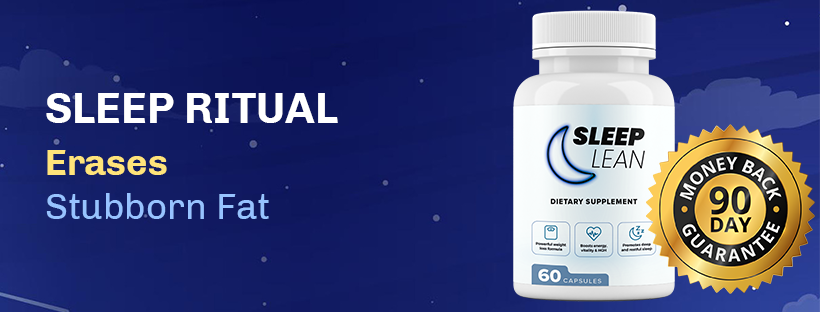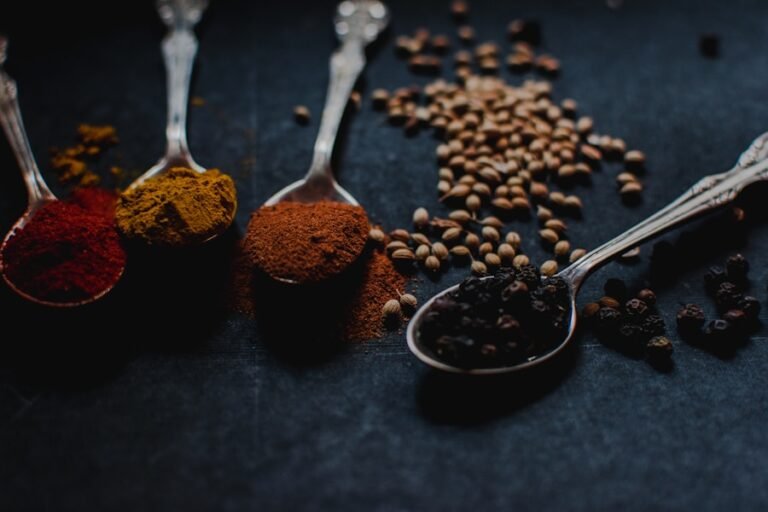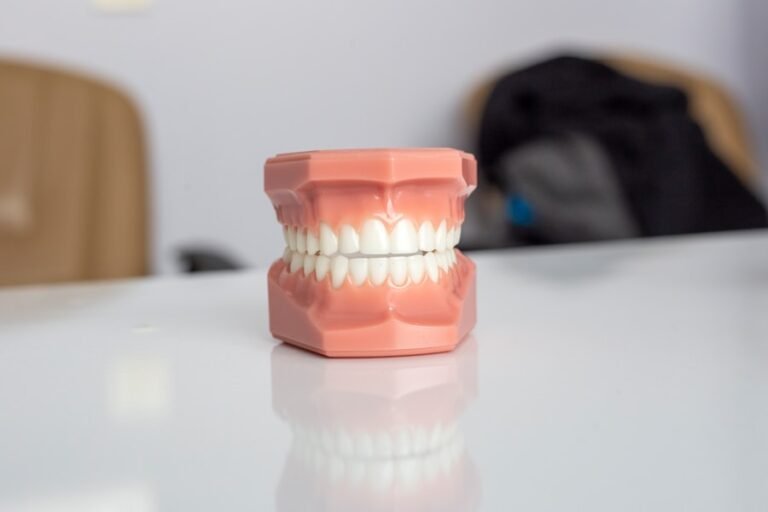10 Natural Ways to Lower Your Blood Pressure at Home
High blood pressure, also known as hypertension, is a common condition that affects millions of people worldwide. It occurs when the force of blood against the walls of the arteries is consistently too high, putting extra strain on the heart and blood vessels. If left untreated, high blood pressure can lead to serious health problems such as heart disease, stroke, and kidney failure. The good news is that high blood pressure can often be managed through lifestyle changes, including dietary modifications, regular exercise, stress management, and natural supplements. In this article, we will explore these various approaches to lowering blood pressure and improving overall health.
Dietary Changes to Lower Blood Pressure
One of the most effective ways to lower high blood pressure is through dietary changes. A diet rich in fruits, vegetables, whole grains, and lean proteins can help to reduce blood pressure and improve overall heart health. Foods that are high in potassium, such as bananas, spinach, and sweet potatoes, can help to counteract the effects of sodium on blood pressure. Additionally, reducing sodium intake by avoiding processed and packaged foods, as well as limiting the use of table salt, can have a significant impact on blood pressure levels. It is also important to limit the consumption of saturated and trans fats, as well as cholesterol, which can contribute to high blood pressure and increase the risk of heart disease. Making these dietary changes can not only lower blood pressure but also improve overall health and well-being.
In addition to making healthy food choices, it is important to pay attention to portion sizes and meal timing. Eating smaller, more frequent meals throughout the day can help to keep blood sugar levels stable and prevent spikes in blood pressure. It is also important to avoid skipping meals, as this can lead to overeating later in the day and cause blood pressure to rise. By making these dietary changes and paying attention to portion sizes and meal timing, it is possible to lower high blood pressure and improve overall health.
Exercise and Physical Activity
Regular physical activity is another important component of managing high blood pressure. Exercise helps to strengthen the heart and improve circulation, which can help to lower blood pressure over time. Aerobic exercises such as walking, jogging, swimming, and cycling are particularly effective at lowering blood pressure, as they help to improve cardiovascular fitness and reduce the strain on the heart. Strength training exercises, such as weightlifting and resistance training, can also be beneficial for lowering blood pressure by improving muscle tone and increasing metabolism.
In addition to aerobic and strength training exercises, it is important to incorporate flexibility and balance exercises into a regular exercise routine. Yoga, Pilates, and tai chi are all excellent options for improving flexibility and balance while also reducing stress and promoting relaxation. By incorporating a variety of different types of exercise into a regular routine, it is possible to lower high blood pressure and improve overall health.
Stress Management and Relaxation Techniques
Stress is a common contributor to high blood pressure, so finding effective stress management techniques is an important part of managing the condition. Relaxation techniques such as deep breathing, meditation, and progressive muscle relaxation can help to reduce stress and lower blood pressure. These techniques work by activating the body’s relaxation response, which helps to counteract the effects of stress on the body.
In addition to relaxation techniques, it is important to find healthy ways to cope with stress and manage emotions. Engaging in activities that bring joy and relaxation, such as spending time with loved ones, pursuing hobbies, or spending time in nature, can help to reduce stress and lower blood pressure. It is also important to prioritize self-care by getting enough sleep, eating well, and taking time for oneself. By finding effective stress management techniques and prioritizing self-care, it is possible to lower high blood pressure and improve overall health.
Natural Supplements and Herbs
In addition to making dietary changes and engaging in regular exercise, natural supplements and herbs can also be beneficial for lowering high blood pressure. Certain supplements such as magnesium, potassium, and omega-3 fatty acids have been shown to have a positive effect on blood pressure levels. Magnesium helps to relax blood vessels and improve circulation, while potassium helps to counteract the effects of sodium on blood pressure. Omega-3 fatty acids help to reduce inflammation in the body and improve cardiovascular health.
In addition to supplements, certain herbs such as garlic, hawthorn, and hibiscus have been used for centuries to lower high blood pressure. Garlic has been shown to have a positive effect on blood pressure by relaxing blood vessels and improving circulation. Hawthorn has been used traditionally to improve heart health and reduce high blood pressure. Hibiscus has been shown to have a mild but significant effect on lowering blood pressure when consumed regularly.
It is important to consult with a healthcare professional before starting any new supplements or herbs, as they may interact with other medications or have potential side effects. By incorporating natural supplements and herbs into a healthy lifestyle, it is possible to lower high blood pressure and improve overall health.
Limiting Alcohol and Caffeine Intake
Alcohol and caffeine can both have a significant impact on blood pressure levels, so it is important to limit their consumption in order to manage high blood pressure. Alcohol can raise blood pressure by causing dehydration and increasing heart rate. It can also interfere with the effectiveness of certain medications used to lower blood pressure. Limiting alcohol consumption to no more than one drink per day for women and two drinks per day for men can help to lower high blood pressure.
Caffeine can also raise blood pressure by stimulating the nervous system and increasing heart rate. It can also cause dehydration, which can further elevate blood pressure levels. Limiting caffeine intake by avoiding excessive coffee, tea, energy drinks, and soda can help to lower high blood pressure. It is important to pay attention to portion sizes and choose decaffeinated options when possible.
By limiting alcohol and caffeine intake, it is possible to lower high blood pressure and improve overall health.
Creating a Healthy Sleep Routine
Getting enough sleep is an important part of managing high blood pressure. Lack of sleep can contribute to stress, weight gain, and increased risk of heart disease, all of which can raise blood pressure levels. Creating a healthy sleep routine by going to bed at the same time each night, avoiding screens before bed, and creating a relaxing bedtime routine can help to improve sleep quality and lower high blood pressure.
It is also important to prioritize sleep by making it a priority in daily life. This may involve setting boundaries with work or social commitments in order to ensure that enough time is dedicated to restful sleep each night. By creating a healthy sleep routine and prioritizing sleep, it is possible to lower high blood pressure and improve overall health.
In conclusion, high blood pressure is a common condition that can often be managed through lifestyle changes such as dietary modifications, regular exercise, stress management, natural supplements, limiting alcohol and caffeine intake, and creating a healthy sleep routine. By incorporating these various approaches into a healthy lifestyle, it is possible to lower high blood pressure and improve overall health. It is important to consult with a healthcare professional before making any significant changes in order to ensure that they are safe and appropriate for individual needs. With dedication and commitment to a healthy lifestyle, it is possible to manage high blood pressure effectively and reduce the risk of serious health problems in the future.









